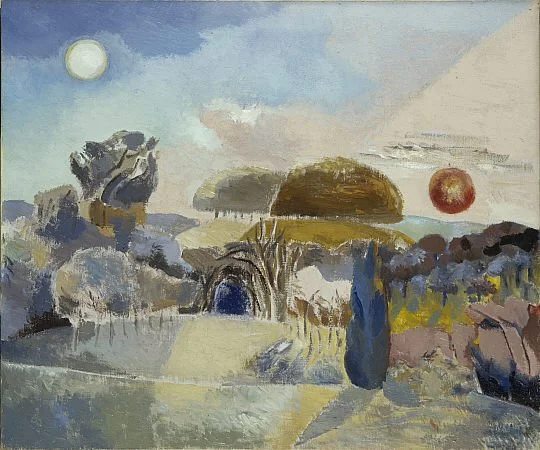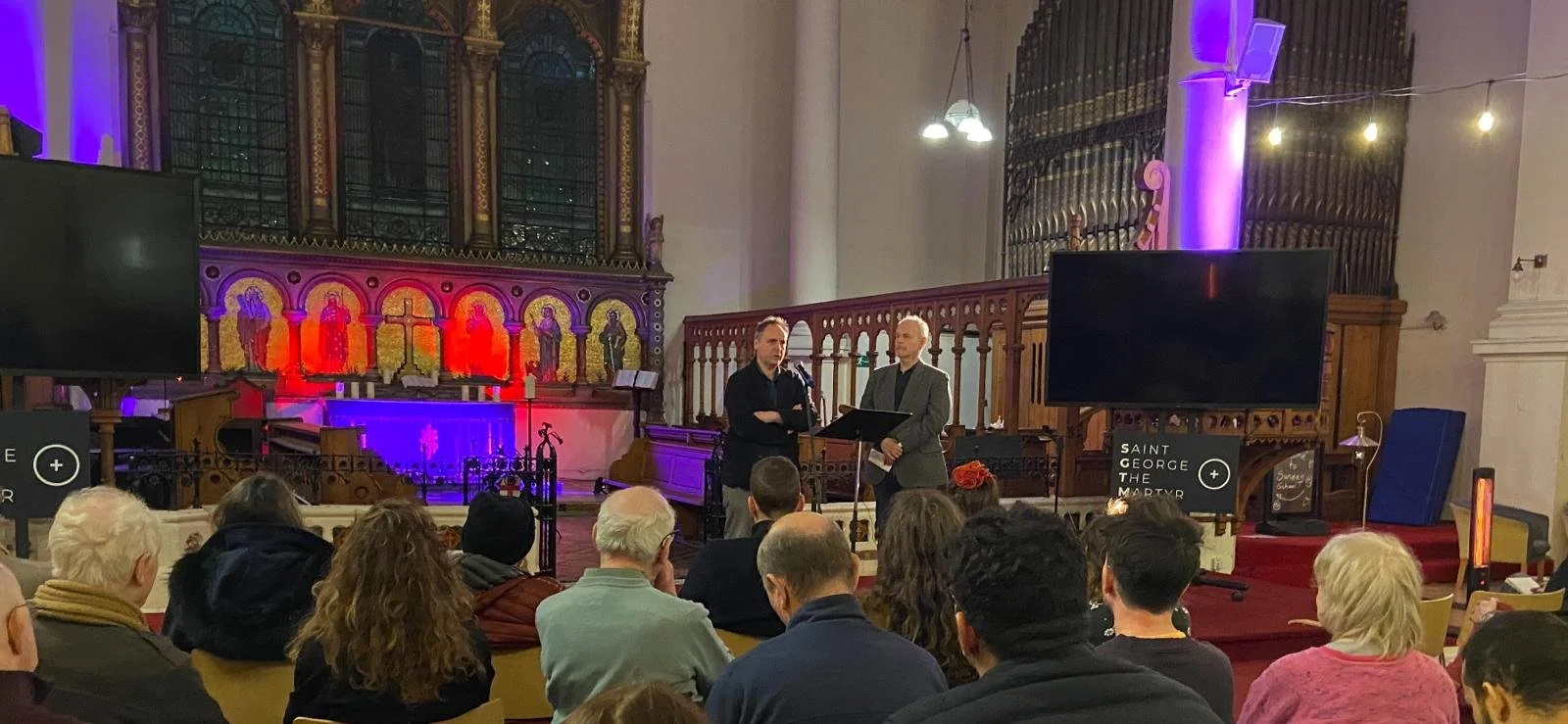
Upcoming events

Feb
23
The Harmony of the Inner City: Ancient Greek Platonism and Self-Transformation
A talk by Professor Michael Griffin

Feb
9

Jan
27
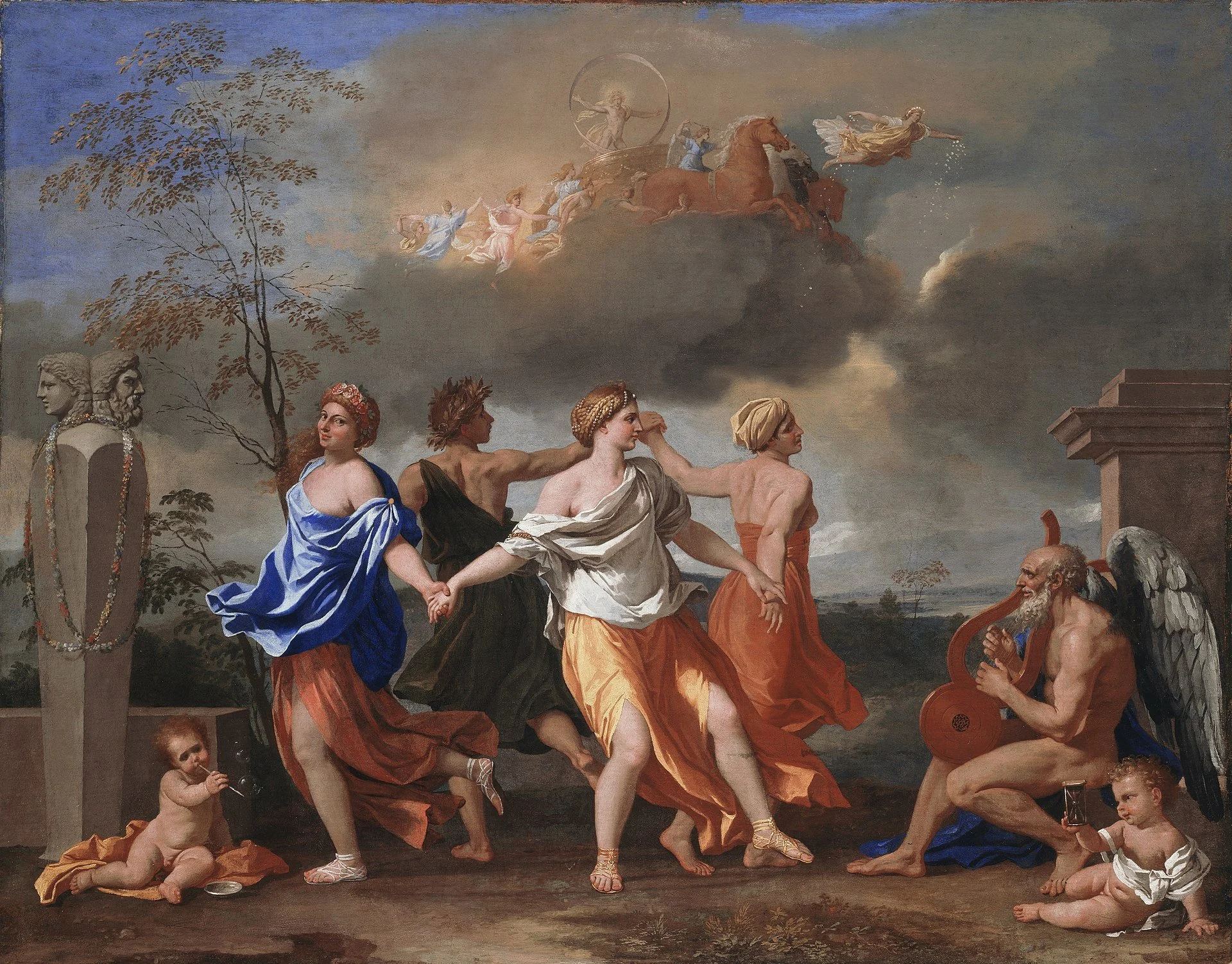
Nov
17

Nov
9
Poetic Imagination and the Rediscovery of Meaning: a Symposium Inspired by Owen Barfield
Mark Vernon, Jeffrey Hipolito, Hilary Davies, Sir Ben Okri
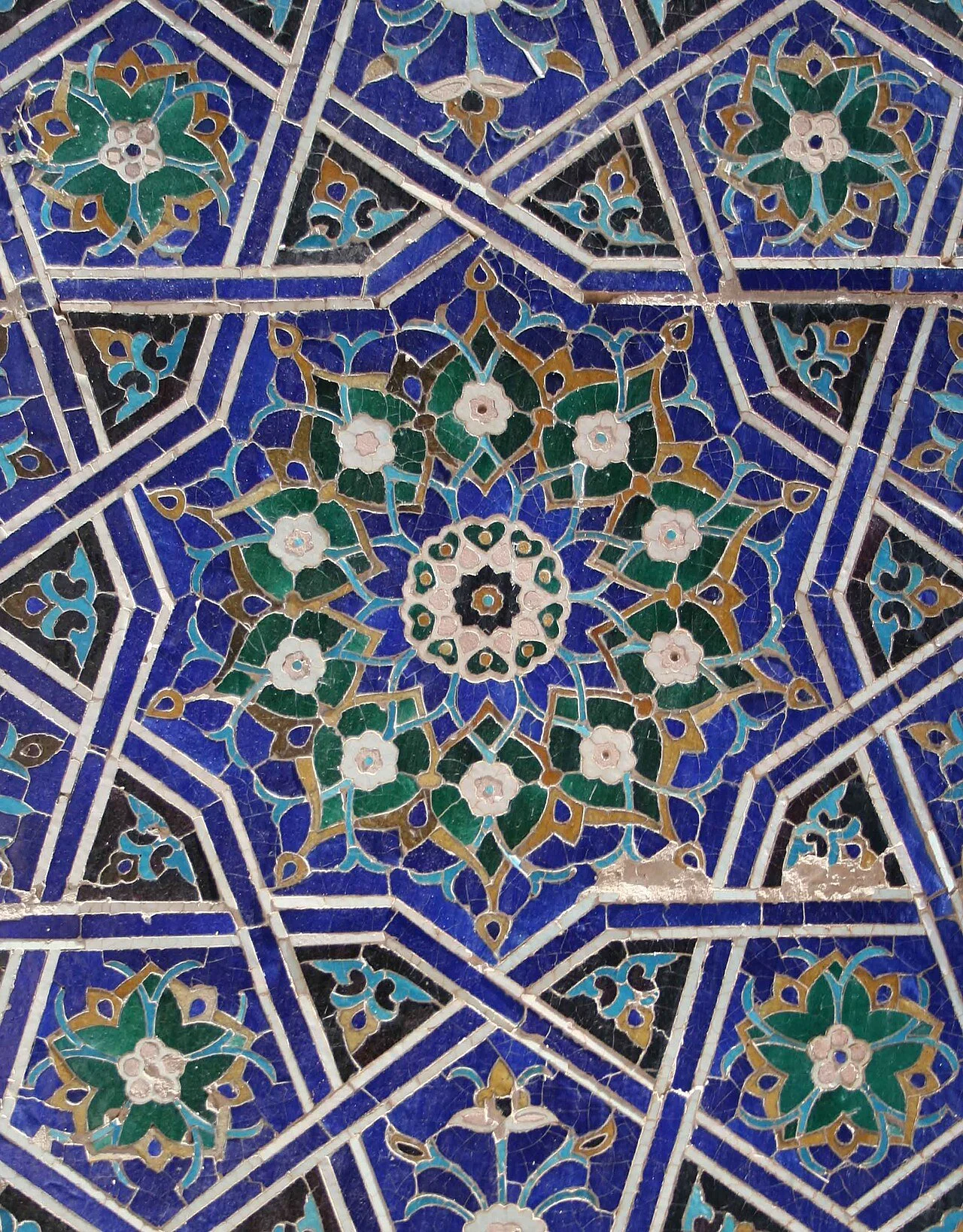
Oct
27
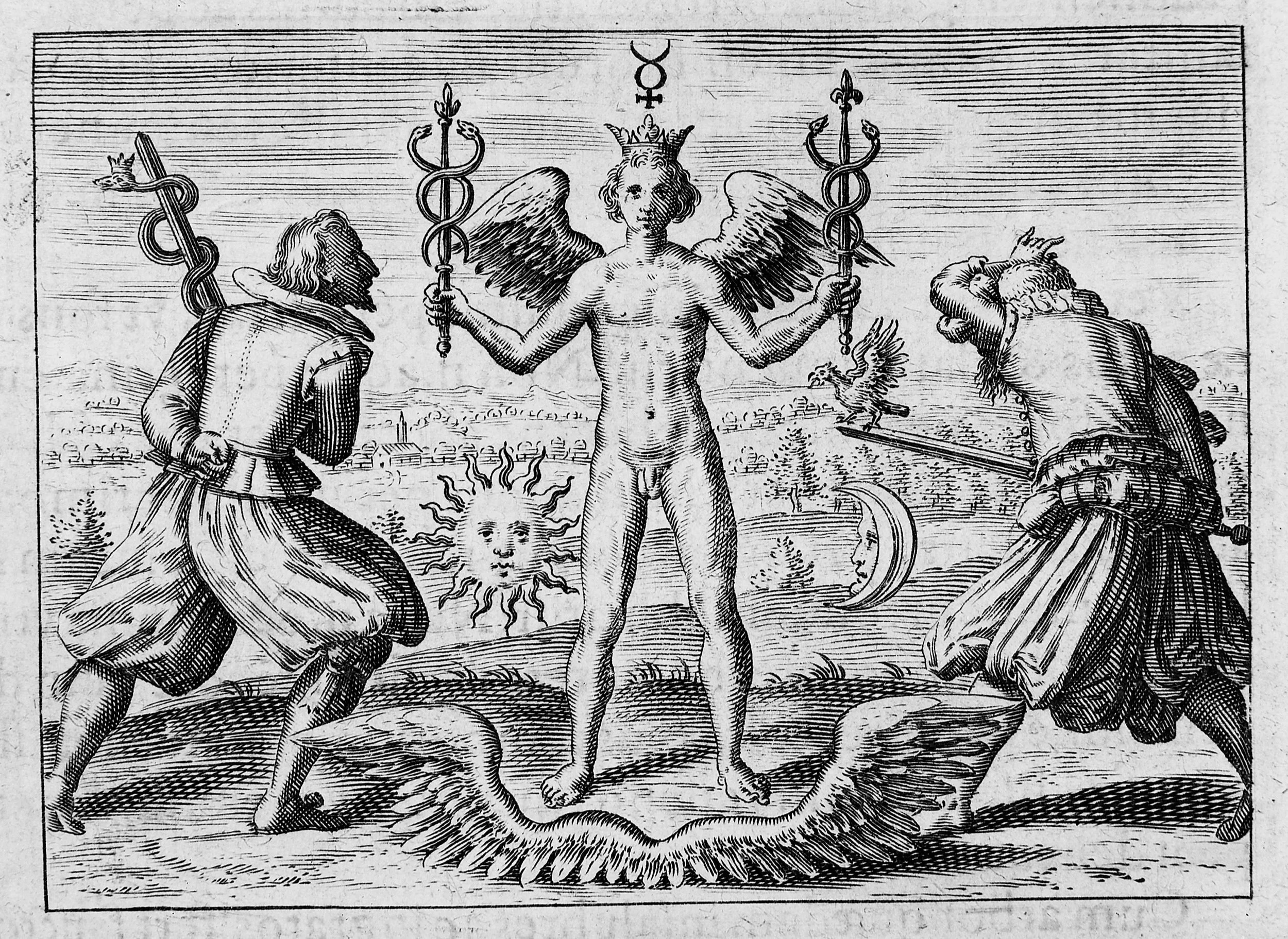
Oct
13
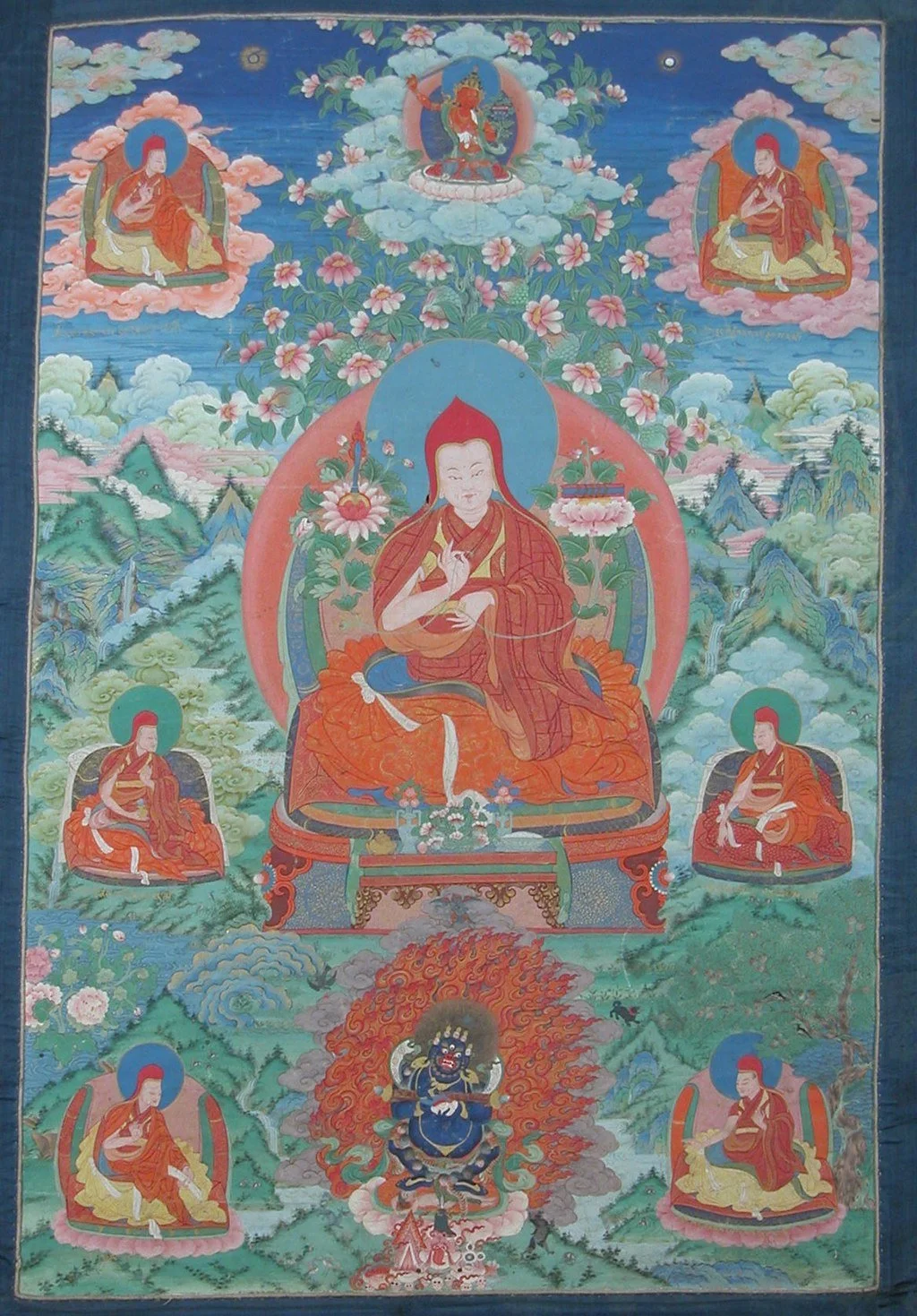
Sept
29
The Tradition of the White Hill: The Living Legacy of the Sakya School of Tibetan Buddhism
A talk by Khöndung Asanga Vajra Rinpoche
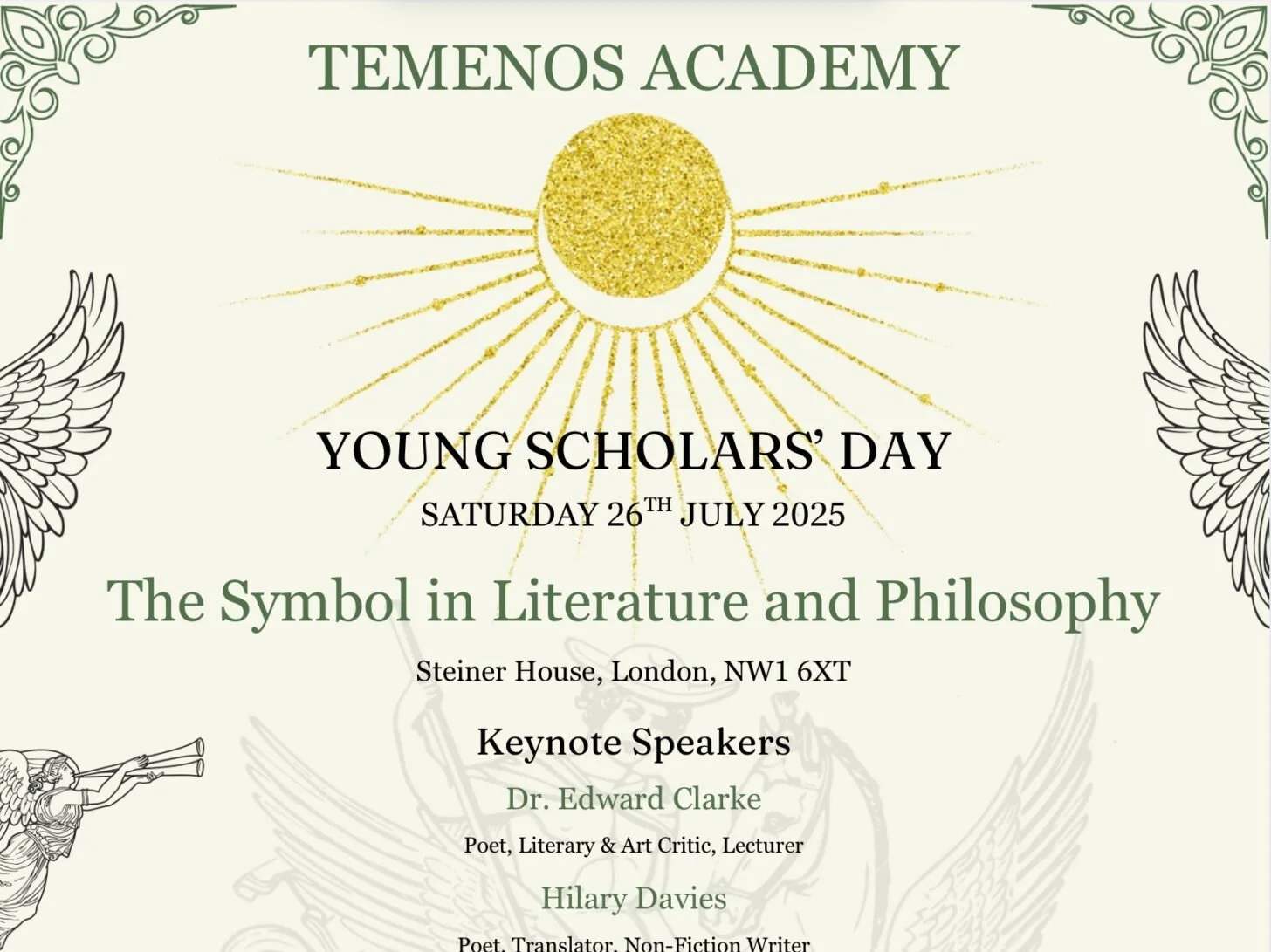
Jul
26
Young Scholars' Day: The Symbol in Literature and Philosophy
10 am - 17.15 pmVenue:Steiner House, London, NW1 6XT
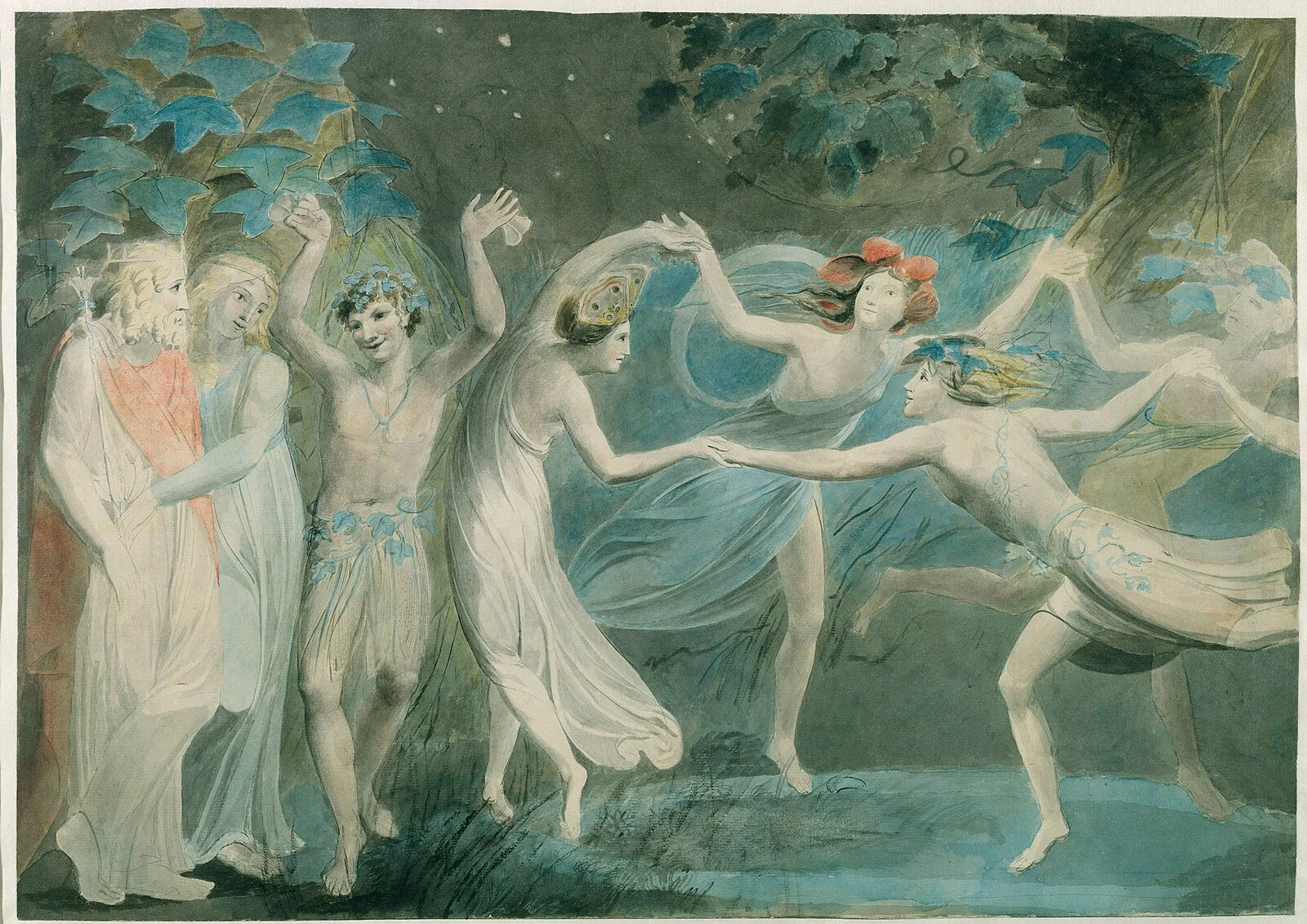
Jul
23
Shakespeare and the Language of Nature - a talk by Dr Joseph Milne
Doors Open 6.10pm, Lecture Begins 6.30pm
In the Chair Kamil Sawicki
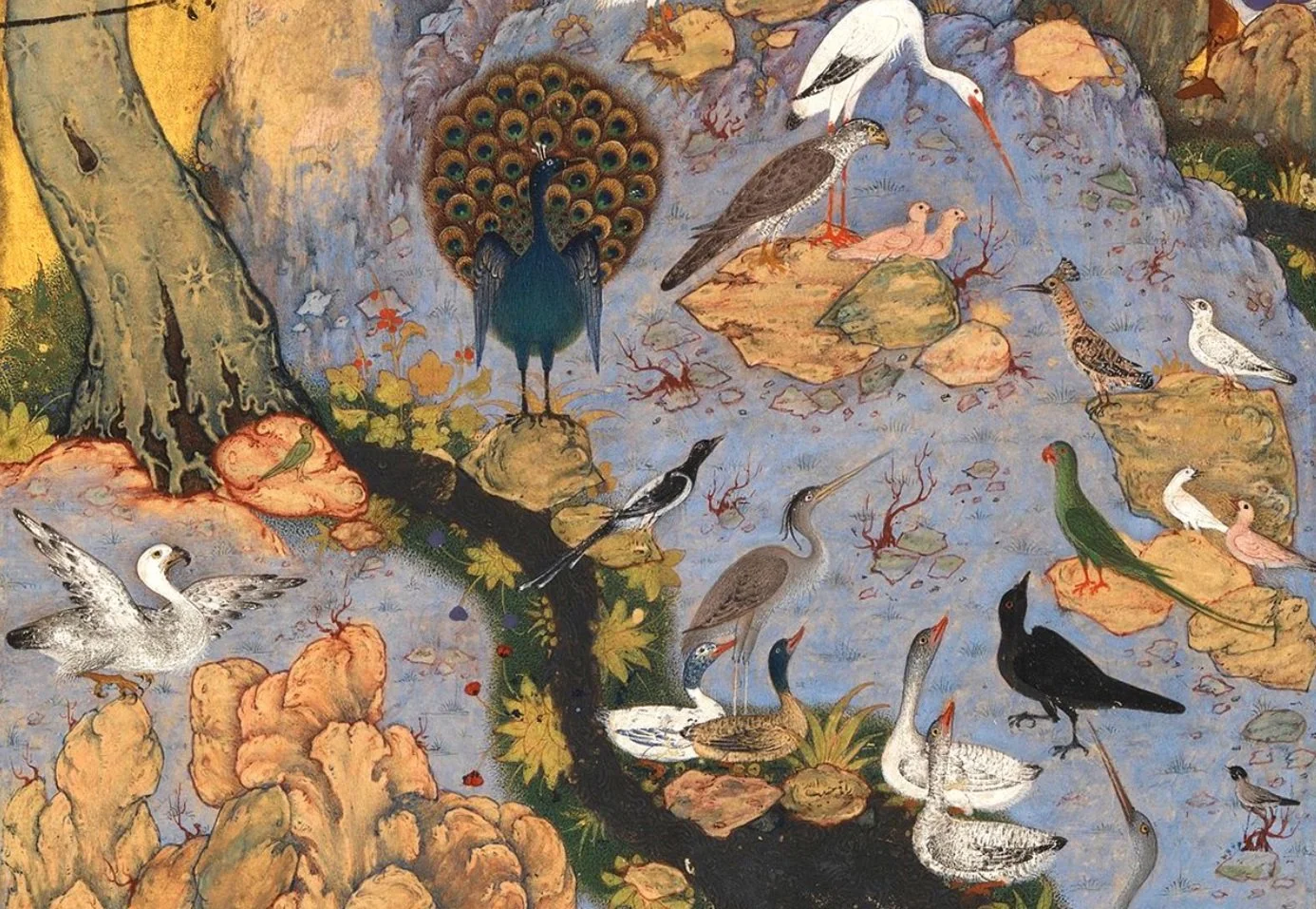
Jul
9
The Image Bears Witness to Your State: Gifts for our world from the Sufi tradition - a talk by Sir Nicholas Pearson
Doors Open 6.10pm, Lecture Begins 6.30pm
In the Chair Ian Skelly
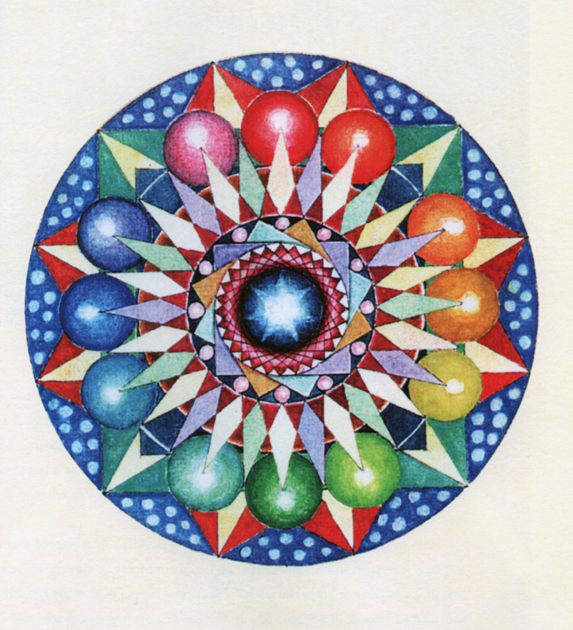
Jun
18
Twelve-fold Harmony: Symbol and Place - a talk by Christine Rhone
Doors Open 6.10pm, Lecture Begins 6.30pm
In the Chair Tom Bree
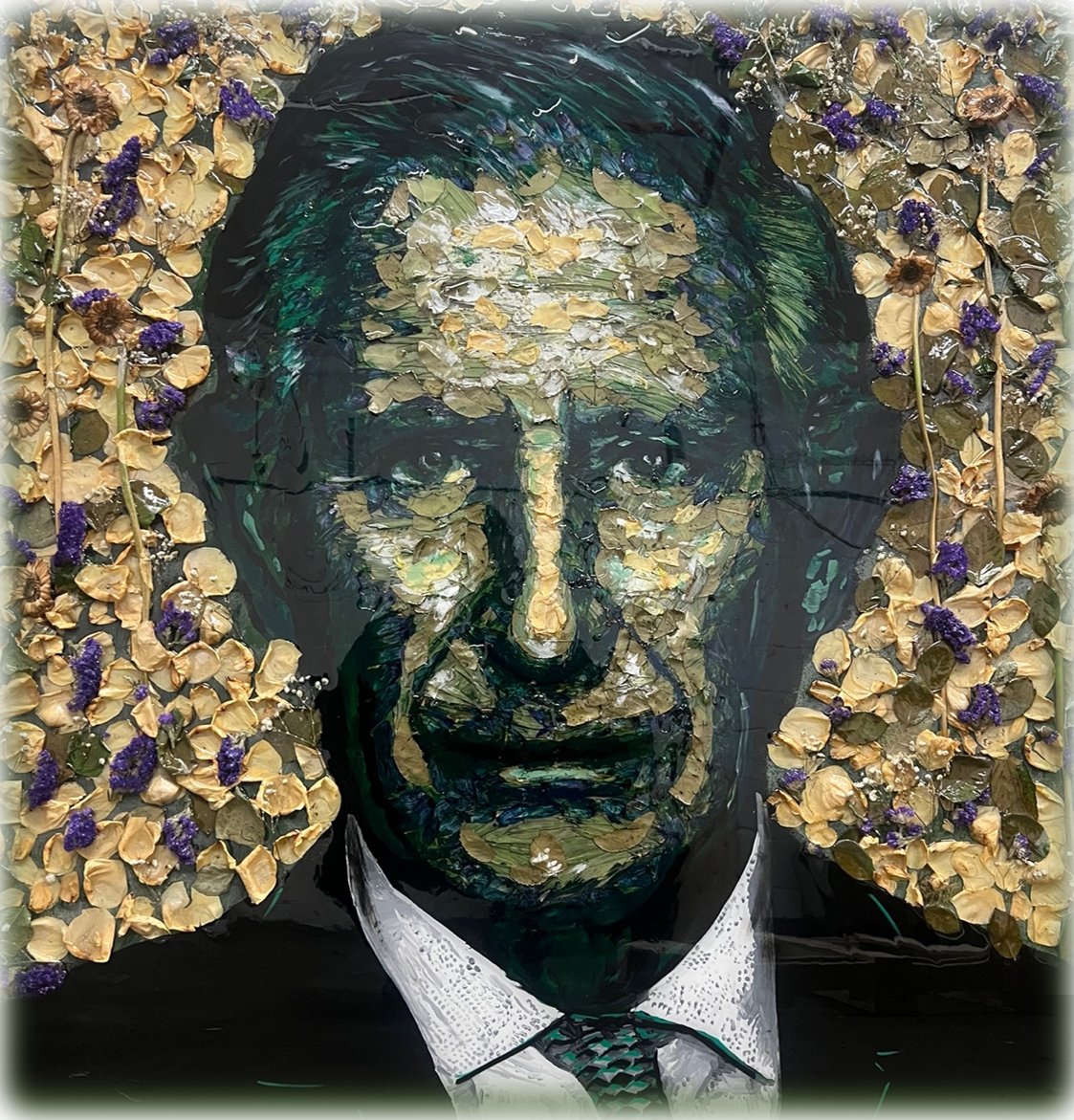
Jun
14
Harmony Study day
Saturday 14th June, 10am – 5pm.
The Urban Farmer Project, London, EC4A 3JR.
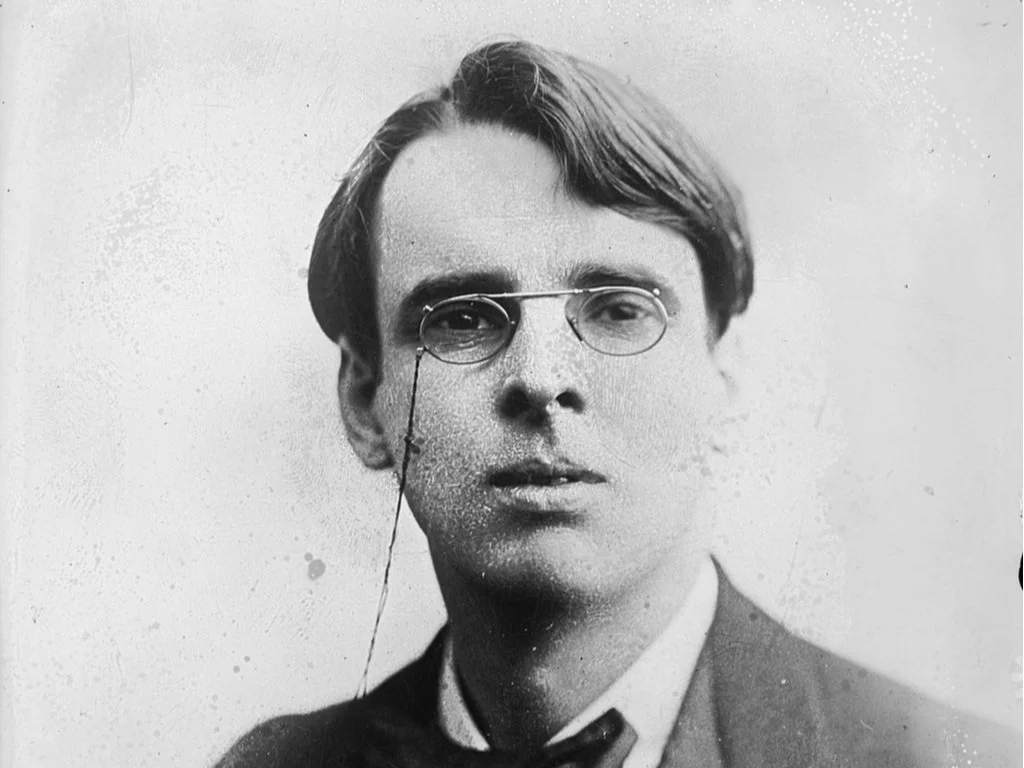
May
22
Yeats, Kathleen Raine and the Learning of the Imagination - a talk by PROFESSOR GREVEL LINDOP
Doors Open 6.40pm, Lecture Begins 7pm
In the Chair Julia Cleave
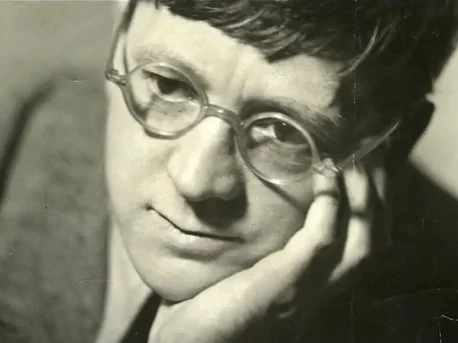
May
8
‘Sagging End and Chapter’s Close’: David Jones in the Zone - A talk by John Matthews
Doors Open 6.10pm, Lecture Begins 6.30pm
In the Chair Professor Grevel Lindop



